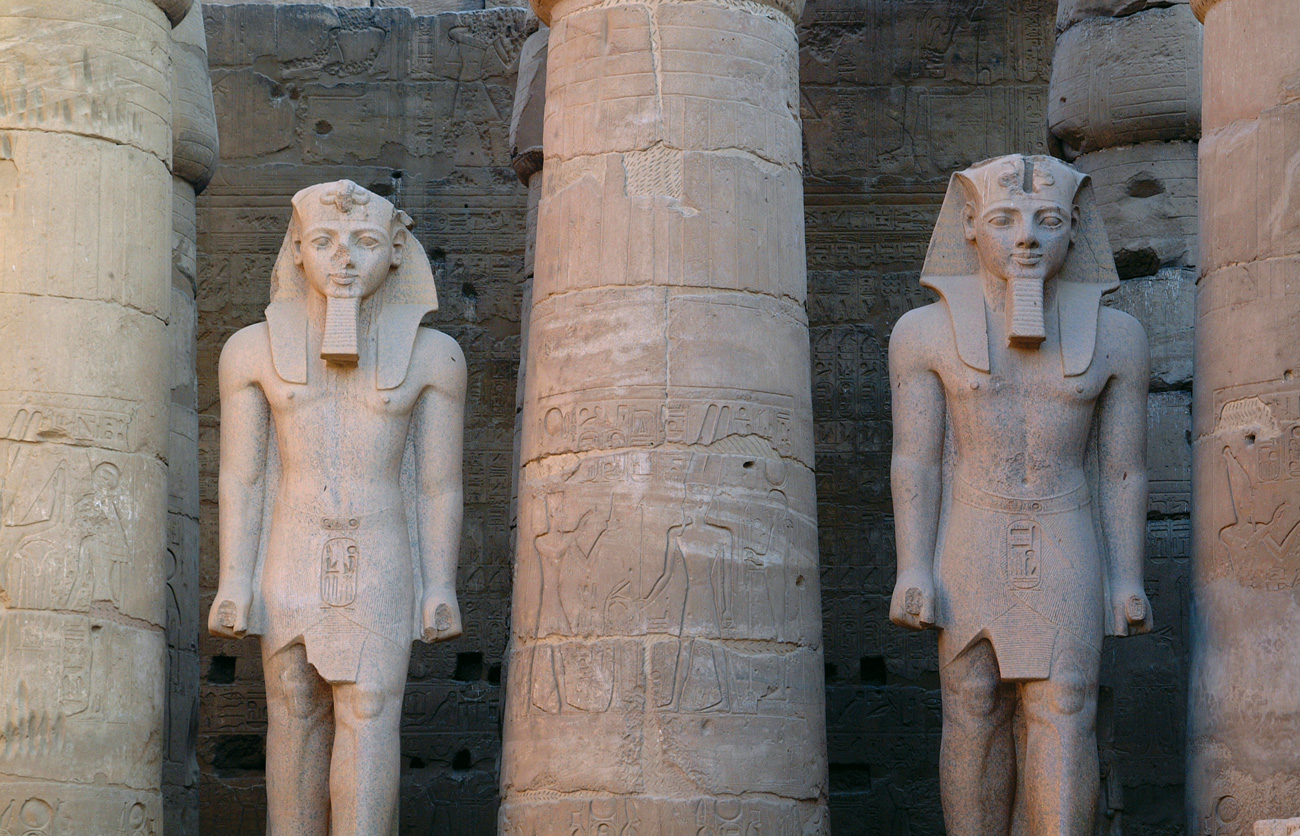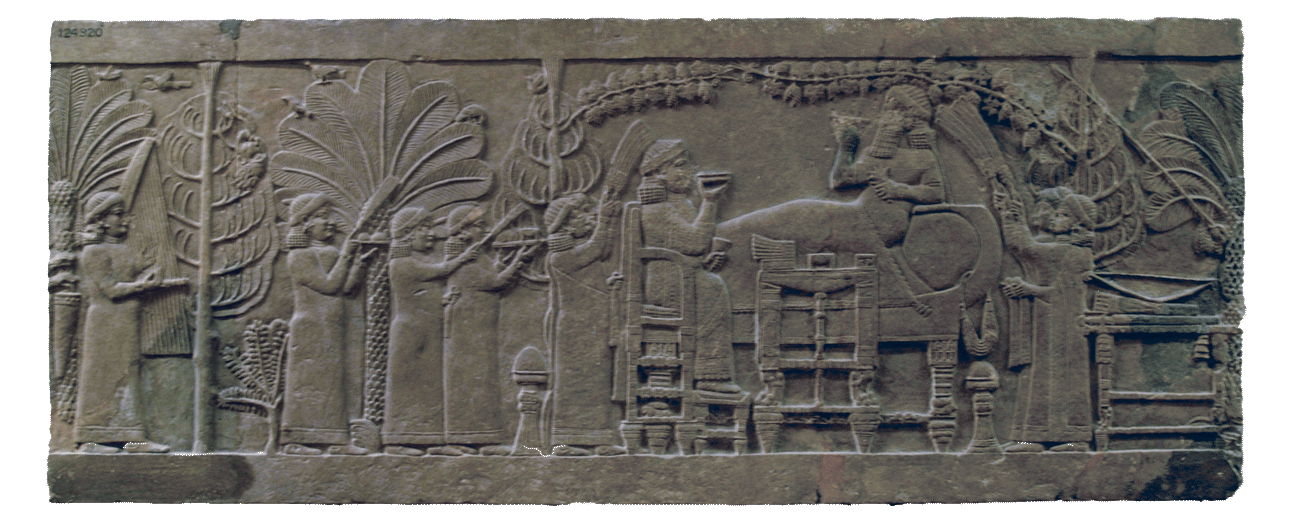Nahum
The End of Nineveh
Central Teaching
God is going to destroy Nineveh, the capital of the Assyrians, because of their brutal subjugation of other nations.
Memory Verse
Setting
The twelve Minor Prophets are interrelated, and they often serve to balance and complement each other. During the reign of Jeroboam II (786–746 BC), as recorded in the nearby book of Jonah, the city of Nineveh repents and escapes the judgment of God. The book of Nahum reveals that the repentance of Nineveh was apparently short lived. In the latter half of the eighth century and throughout the first half of the seventh century, the Assyrians (whose capital was at Nineveh) continued to grow in power and ferocity, expanding their empire all the way to Egypt. They completely destroyed the northern kingdom of Israel in 722 BC and unsuccessfully besieged Jerusalem in 701 BC. The Major Prophets Isaiah, Jeremiah, and Ezekiel all contain sections that prophesy judgment on the powerful nations of the region. Nahum functions somewhat similarly within the Book of the Twelve (the Minor Prophets), announcing judgment on the dominant world power of the day, Assyria.

Nahum asks the Ninevites, “Are you better than Thebes?” (3:8). He is referring to the destruction of the city of Thebes, which the Assyrians had destroyed a few years before. These figures are part of the extensive remains of Thebes.
The temple-filled city of Thebes in Egypt was destroyed by the Assyrians in 663 BC. Nineveh was destroyed by the Babylonians in 612 BC. Nahum writes in between these two events—after the fall of Thebes but before the fall of Nineveh. At this time in history the brutal Assyrians dominated the ancient Near East.
Message
Nahum proclaims judgment on the Assyrians and the destruction of their capital city, Nineveh. In the opening verses Nahum declares that the Lord will bring about judgment on his enemies, and throughout the book Nahum describes the coming judgment on Nineveh, using colorful and graphic language. For example, in 2:11 he compares the destruction of Nineveh to the ruination of a lions’ den; the cubs and the lioness can no longer safely eat where they once did. Nahum ends the book by saying that everyone who hears about the fall of Assyria will clap their hands in joy because they have all felt the cruel hand of the Assyrian army.
Outline
Interesting Features
- Nahum taunts the king of Assyria with the coming judgment: “All who hear the news about you clap their hands at your fall” (3:19).
- Nahum mentions the destruction of the Egyptian city of Thebes, an important event in Egyptian history.
- Nahum balances out the book of Jonah, where the Ninevites escape judgment by repenting.

Here is a pleasant scene from a wall relief of the Assyrian king Ashurbanipal. He and his wife are dining to music in the garden, but note the grisly head of one of his enemies hanging in the tree to the left.
Connections
Nahum is a reminder that God ultimately brings about judgment and punishment on those who oppose him and oppress his people. In the book of Jonah, God responds with compassion and forgiveness for the people of Nineveh when they humble themselves, fast, cease from doing evil deeds, and cry out to God for deliverance. However, as time passes and Assyria becomes a brutal, vicious, empire-building nation, God’s wrath is aroused. Because the current generation lacks repentance, God judges them, using the Babylonians to destroy Nineveh just as Nahum predicted.